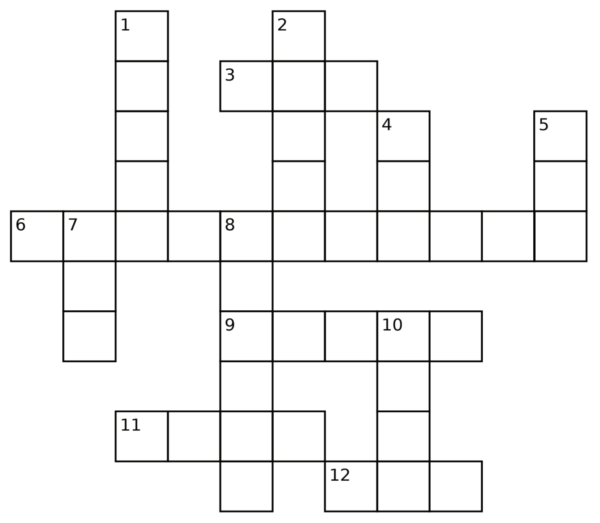Quiet misogyny in ‘Hamilton’
“Hamilton” follows the life and death of founding father Alexander Hamilton, an immigrant who went on to be the Secretary of the Treasury. It’s full of fast paced rapping and energizing, complicated dance numbers. After repeated listening to the soundtrack and the initial infatuation, though, I started to notice something. The female characters in Hamilton are woefully unexamined, riddled with tropes and decidedly anti-feminist.
There are four named female characters in the show: Peggy Schuyler, Angelica Schuyler, Eliza Schuyler and Maria Reynolds. The plots involving these women are obvious tropes. From a drama riddled love triangle to a fake damsel in distress, seduction, none of it is nearly as new or innovative as the rest of the plot.
First, Angelica. Angelica meets Hamilton and instantly has feelings for him. However, Eliza is the one that ends up marrying him. In the song “Satisfied,” Angelica has a flashback to the day she met Hamilton. She is in love with him and would marry him if not for her sister. In an incredibly sad ending to the song, she vows to selflessly step aside and pretend to be happy for them.
“Helpless” is a song all about the wedding day. Hamilton proudly proclaims that, “As long as I’m alive, Eliza, swear to god you’ll never feel so,” with Eliza finishing the sentence with, of course, “helpless”! It’s supposed to be romantic, yet Hamilton is described in the opening number as a “hero and a scholar.” Compare that to “helpless” and the other lyrics Eliza sings, such as, “I have never been the type to try and grab the spotlight.”
In their marriage, Eliza pops up every few songs, mostly to discourage Hamilton from doing the things in his career that ultimately guarantee his success. The couple doesn’t seem incredibly happy, which is a plot that ends up giving rise to one of the only other women in the show, Maria Reynolds. Hamilton cheats on Eliza with Reynolds. In the song titled “Say No To This,” Reynolds is a classic damsel in distress. She is (shockingly!) another of Lin Manuel Miranda’s helpless women. She has no money, and she is living with her abusive husband. Once Hamilton walks her home, she makes her intentions quite clear: she wants sex. Our protagonist questions how he can “say no to this.” Consent is only an issue discussed briefly, and with a male character no less. Eventually, Hamilton is blackmailed by the woman’s husband, demanding he buy Reynolds’ silence. Hamilton writes The Reynolds Pamphlet, a real document owning up to the affair. Afterwards, Maria Reynolds is never brought up again. We get the male perspective, but once again, the female perspective is woefully underexplored.
In the finale, Eliza talks about the incredible things she did after the death of her husband. She commits to keeping alive the memories of the influential men in the play. She also talks about the orphanage she established in New York City. She is an accomplished woman with agency, political views and aspirations. But then, after talking about all the incredible things she did, she discredits herself by saying, “You could have done so much more if you only had time.” This is her speaking to Hamilton, and once again asserting his superiority over her. Eliza’s moment is once again ripped away from her without exploration or development.
Females were humans with emotions in the 1800s, and they are a part of “Hamilton.” Why are they so underwhelming, so “helpless”?
Your donation will support the student journalists of the Evanstonian. We are planning a big trip to the Journalism Educators Association conference in Nashville in November 2025, and any support will go towards making that trip a reality. Contributions will appear as a charge from SNOSite. Donations are NOT tax-deductible.







Jess • Feb 4, 2023 at 7:56 pm
I think this is quite funny to read actually. In hamilton, is it is the late 1700-1800’s. Misogyny wasn’t misogyny back then, it was the normal. woman were to always be submissive, delicate, not as important as men and had limited rights. If you did research on the writer and star of Hamilton, Lin Manuel, you would know that he himself identifies as a feminist. He also made the musical feature almost fully black/ asian/ hispanic people. He is all for inclusivity and the rights of woman. However, this is literally a play about a close minded white man from the 1700’s, so them being all for woman and loving slavery etc would just be incorrect and give the musical no depth or as much world problems.
Desmon Bowman • Jan 26, 2023 at 11:44 pm
I imagine a lot of this is because of how females were treated during that era.
Even if they had their own opinions on things a lot of the agency they have now was almost non-existent ( they didn’t even have the right to vote).
Hamilton is just reflecting how things were while simultaneously giving the female characters is avatars for things that the IRL women of their time have to deal with